- Have any question?
- 02 7200 2179
- media@healthcarechannel.co


A major new collaborative effort, the Global Breast Cancer Initiative, is being introduced by the World Health Organization, with the objective of reducing global breast
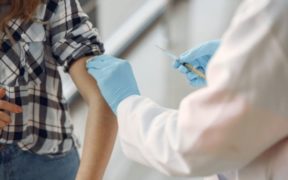
Phase 1B of the COVID-19 vaccine national roll-out strategy will commence on March 22, 2021. Here is what you need to know: Who will be
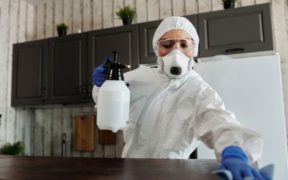
The National Cabinet met to discuss Australia’s COVID-19 response and the Australian COVID-19 Vaccine Strategy and assures the public that they continue to work together
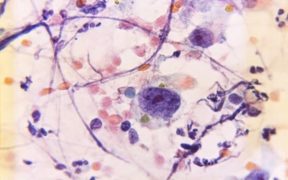
New guidance from the World Health Organization (WHO) and the International Atomic Energy Agency (IAEA) on the procurement of radiotherapy equipment could improve access to
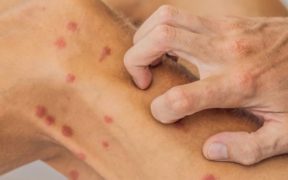
The Government has added a life-changing new eczema medicine to the Pharmaceutical Benefits Scheme (PBS). The $270 million in funding to list the medicine will
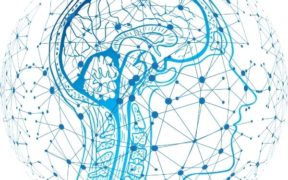
A new meta-analysis gives the most detailed look yet at the neuroscience of placebo effects. Much of the benefit that a person gets from taking

Urban Tanzanians have a more activated immune system compared to their rural counterparts. The difference in diet appears to explain this difference: in the cities,

The number of overdose deaths in the United States from the use of illicit drugs and the misuse of prescription drugs has risen to unprecedented
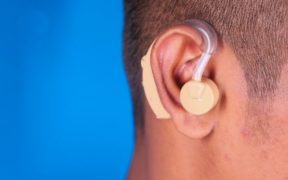
Nearly 2.5 billion people worldwide ─ or 1 in 4 people ─ will be living with some degree of hearing loss by 2050, warns the
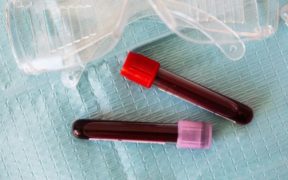
A single letter difference in a single gene, inherited from both parents, spells a lifetime of anemia and pain for 20 million people, mostly of

The Australian Government is investing $100 million in funding into the development of new technologies to improve the diagnosis and treatment of stroke, epilepsy and
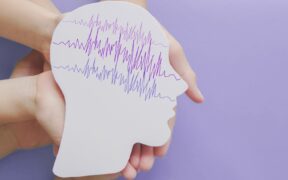
USC Researchers have harnessed a powerful mathematical model to provide advanced seizure prediction, revolutionizing epilepsy management and treatment. Epilepsy is one of the most common